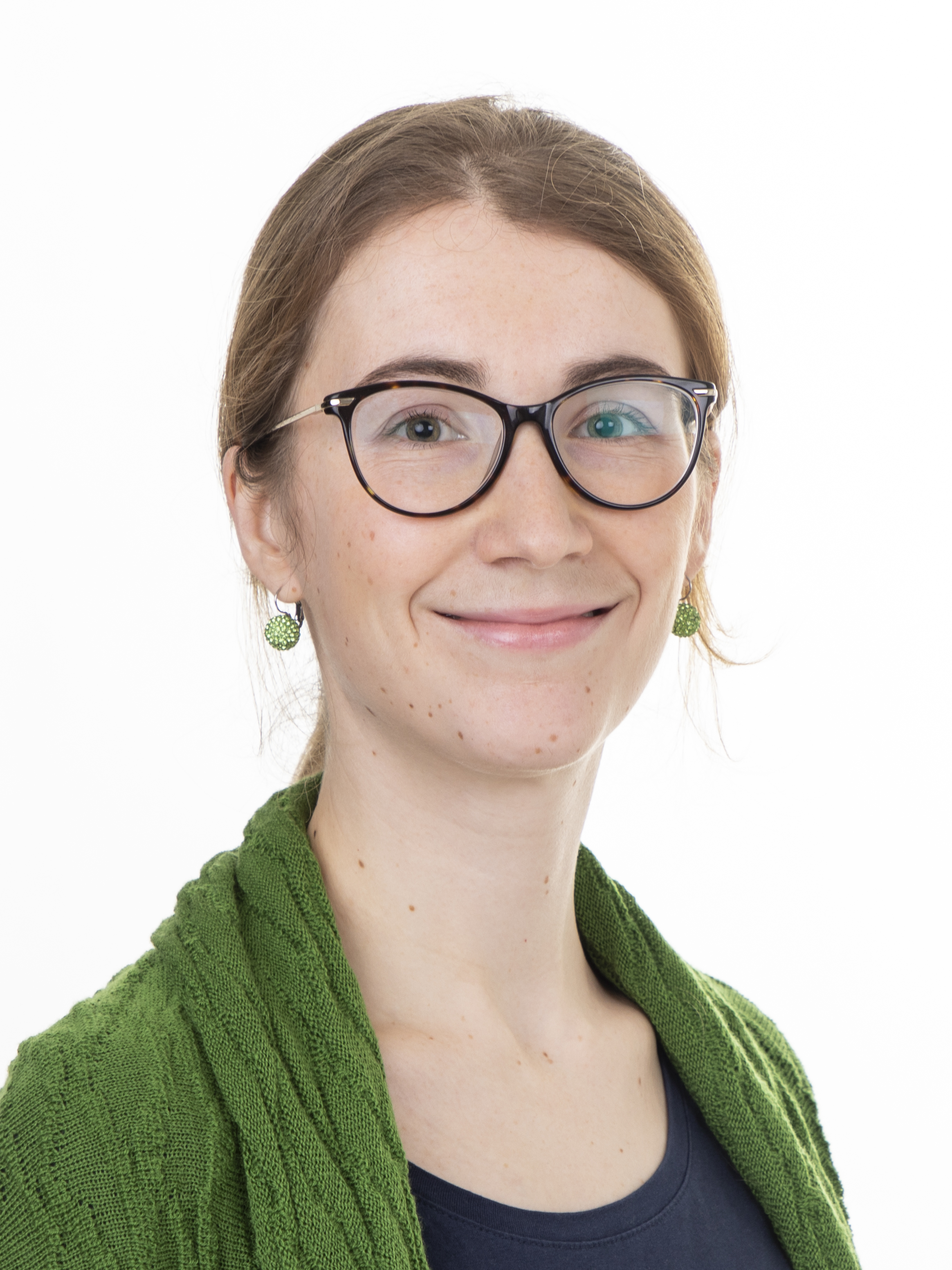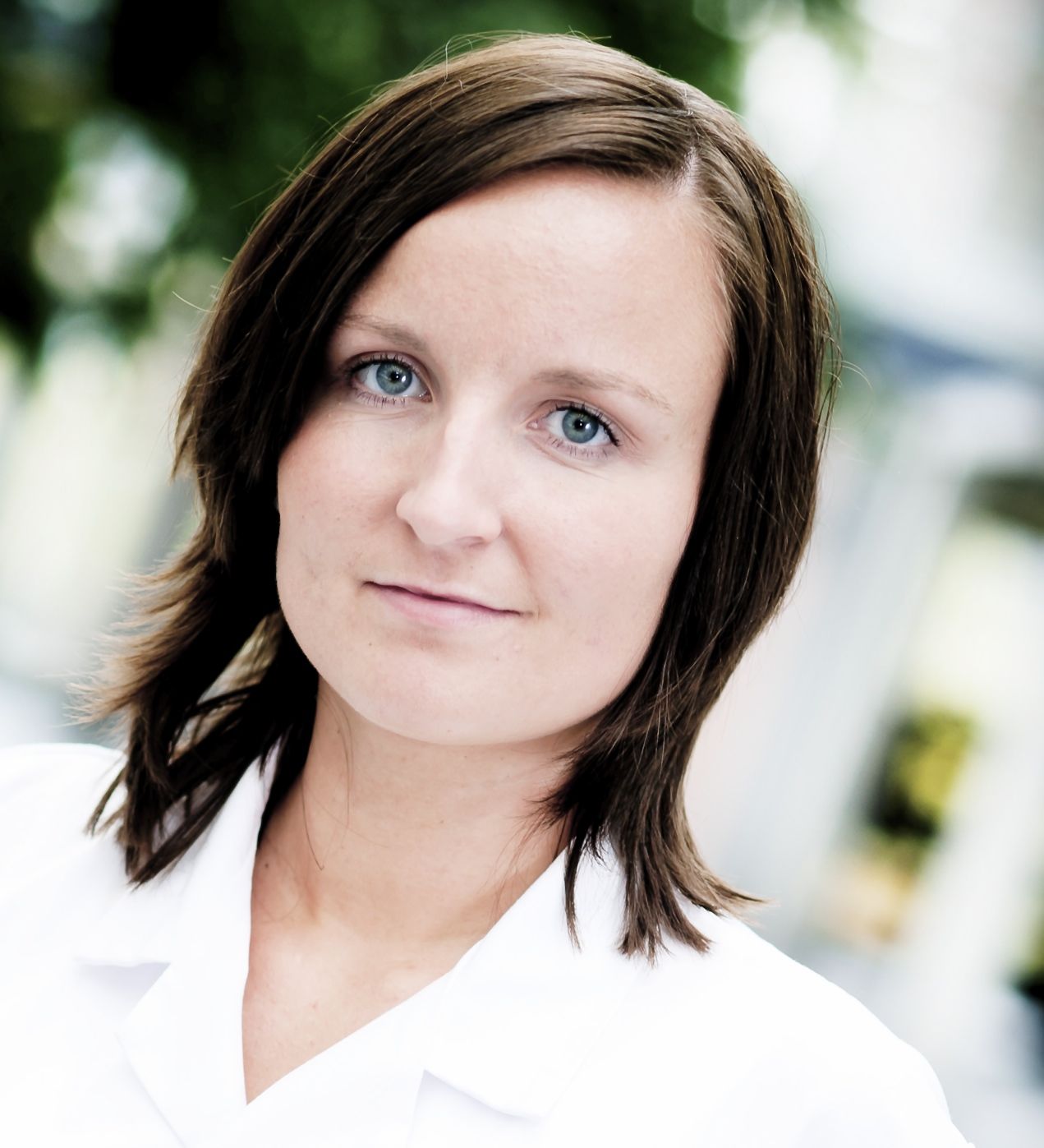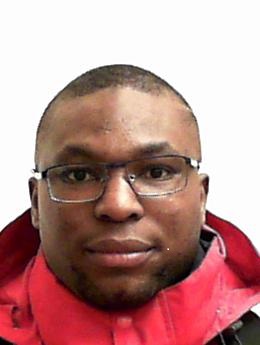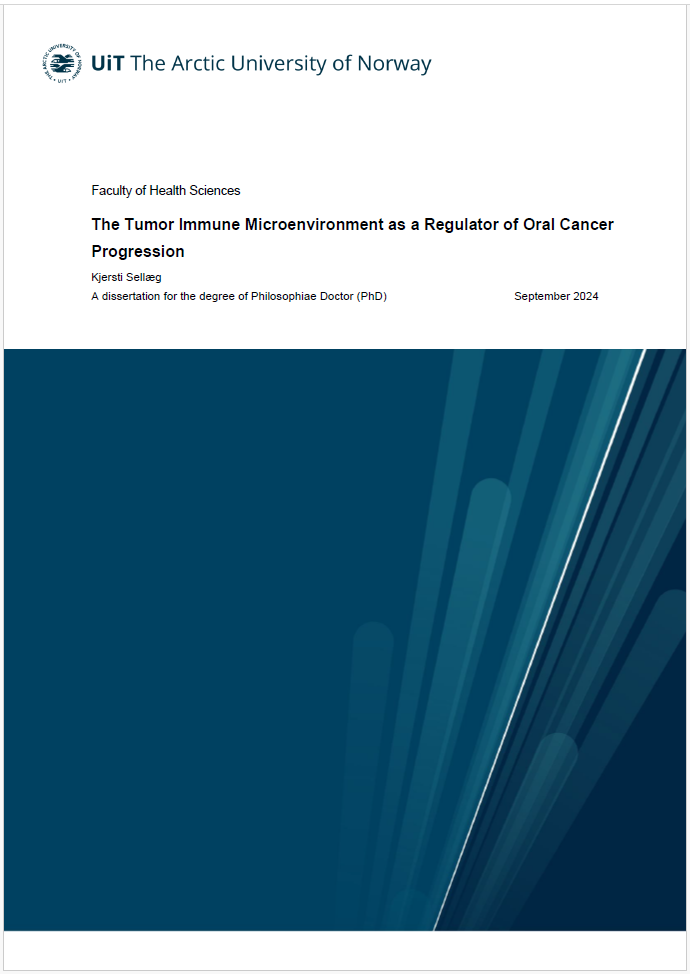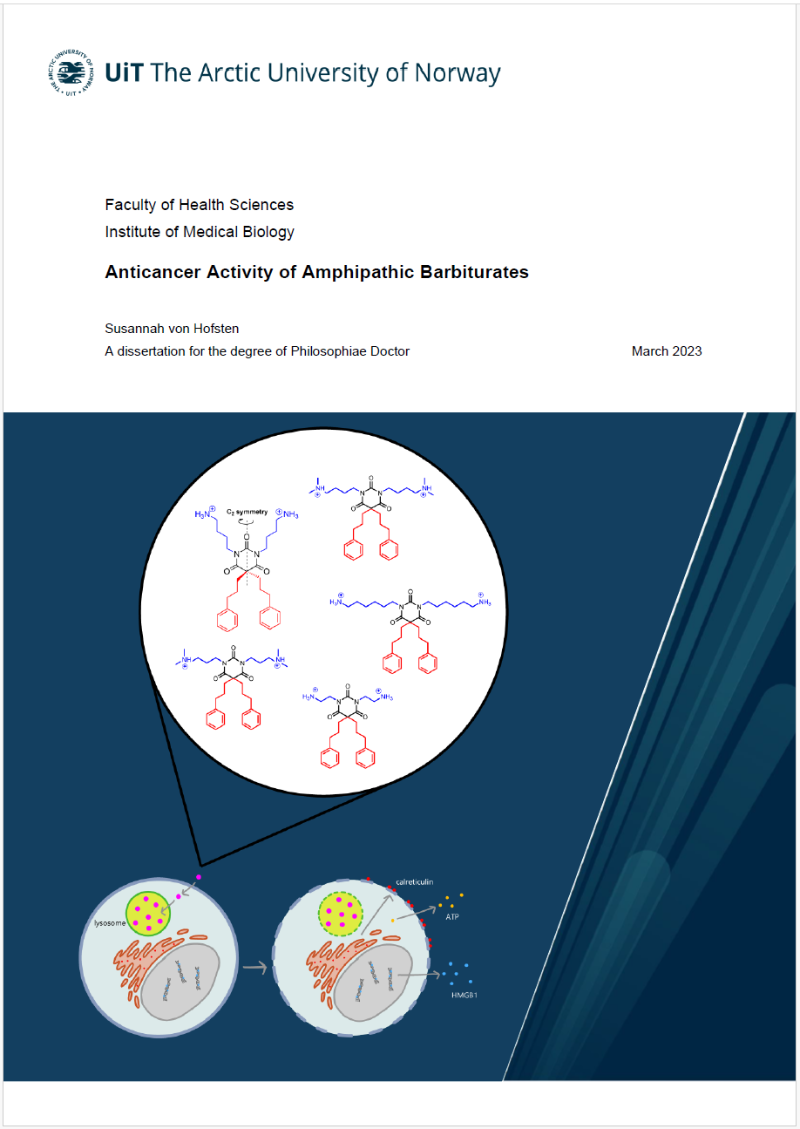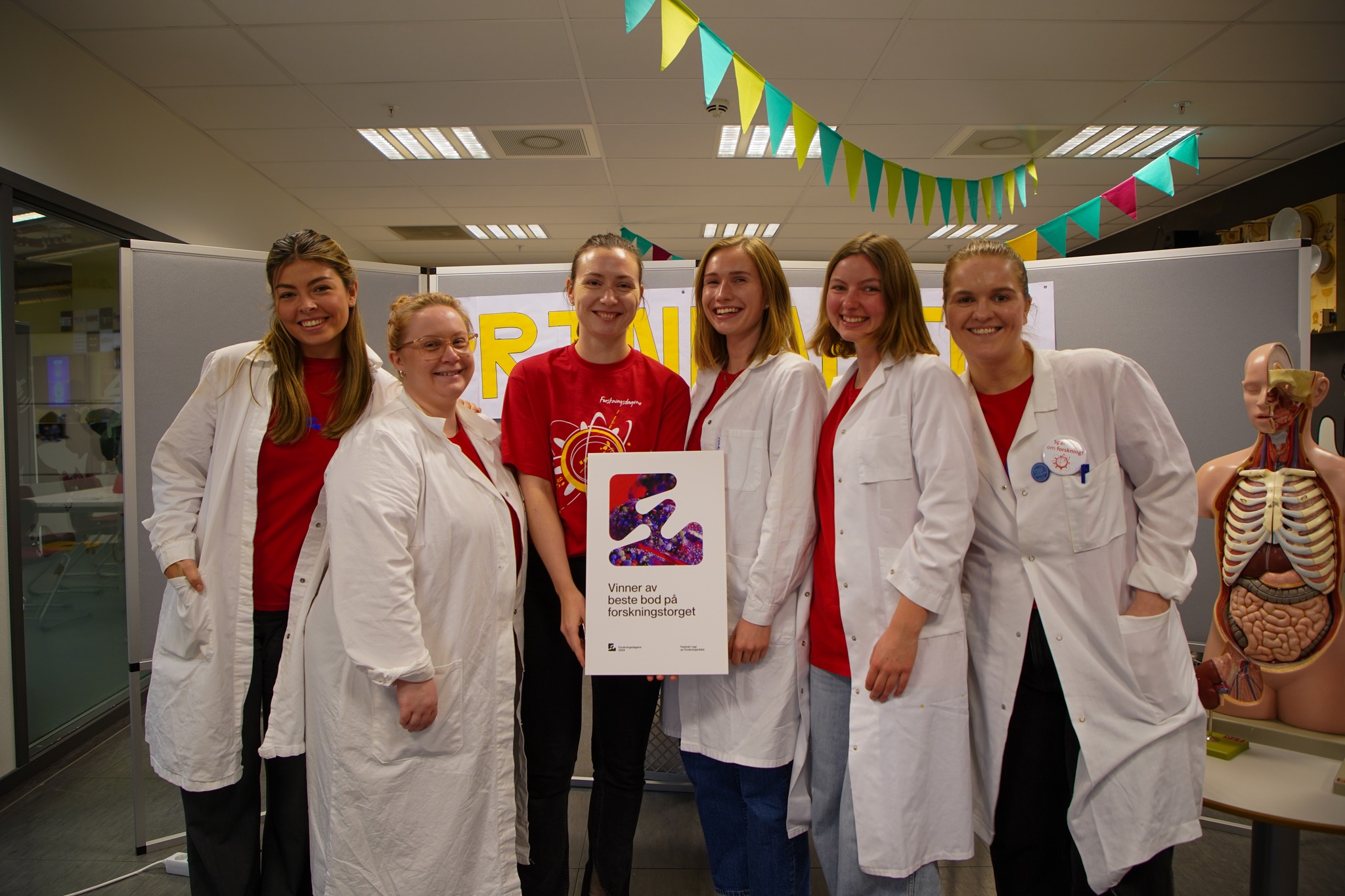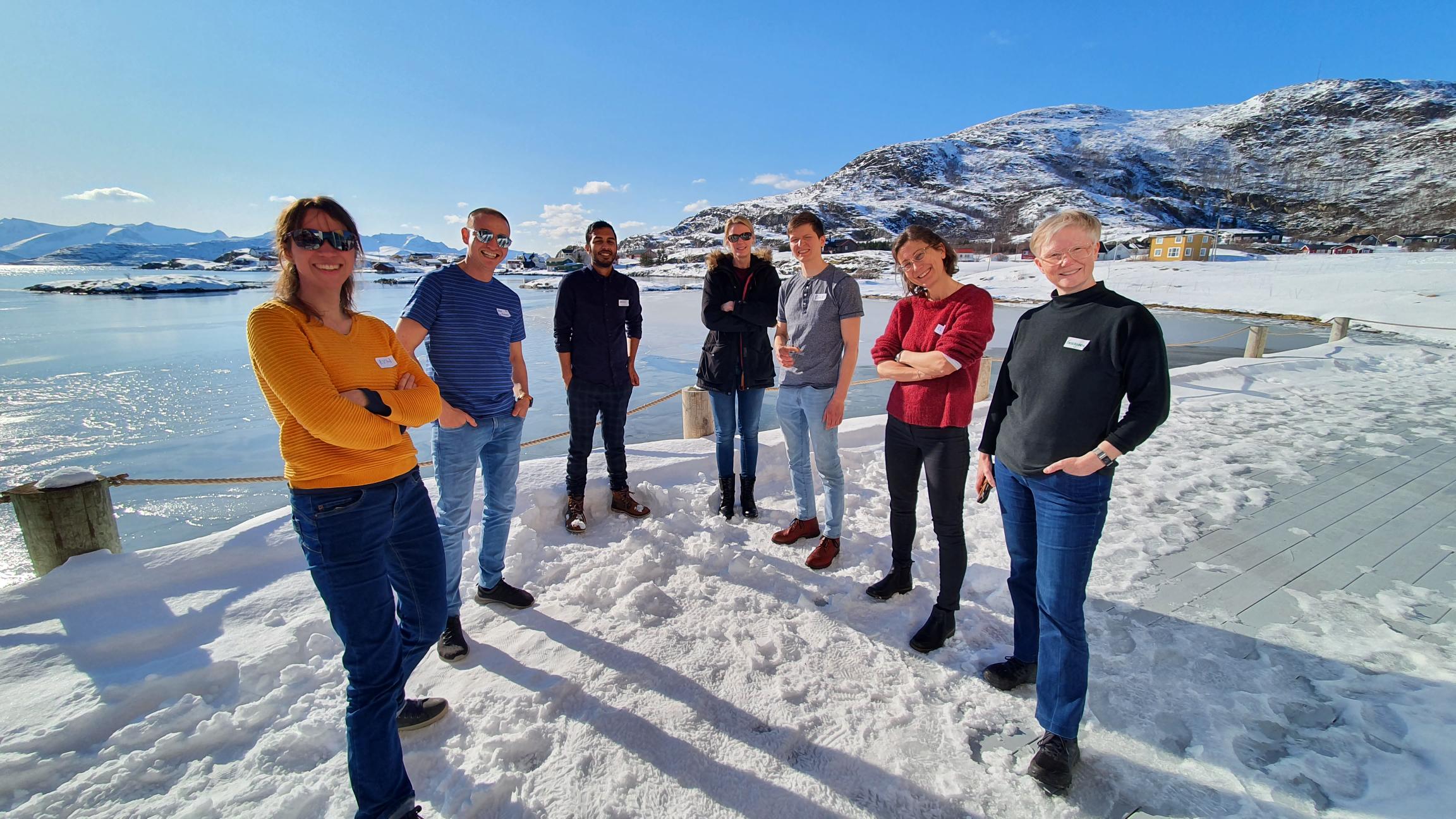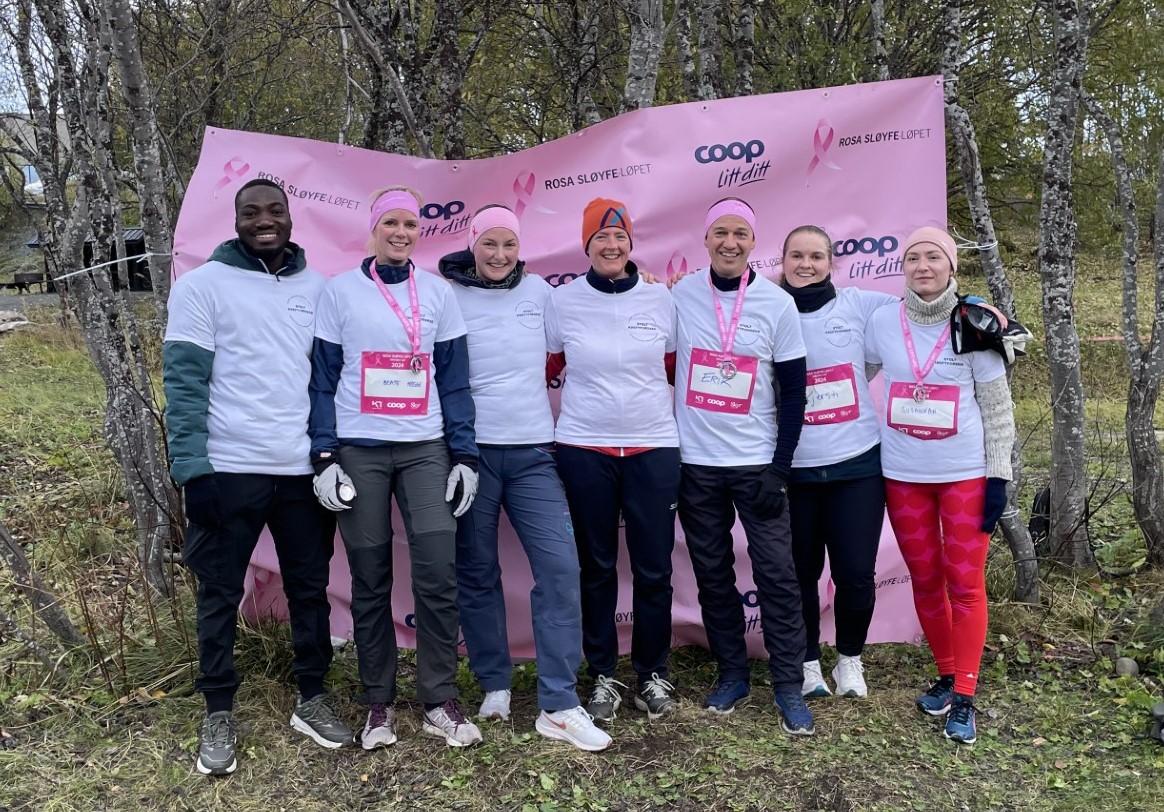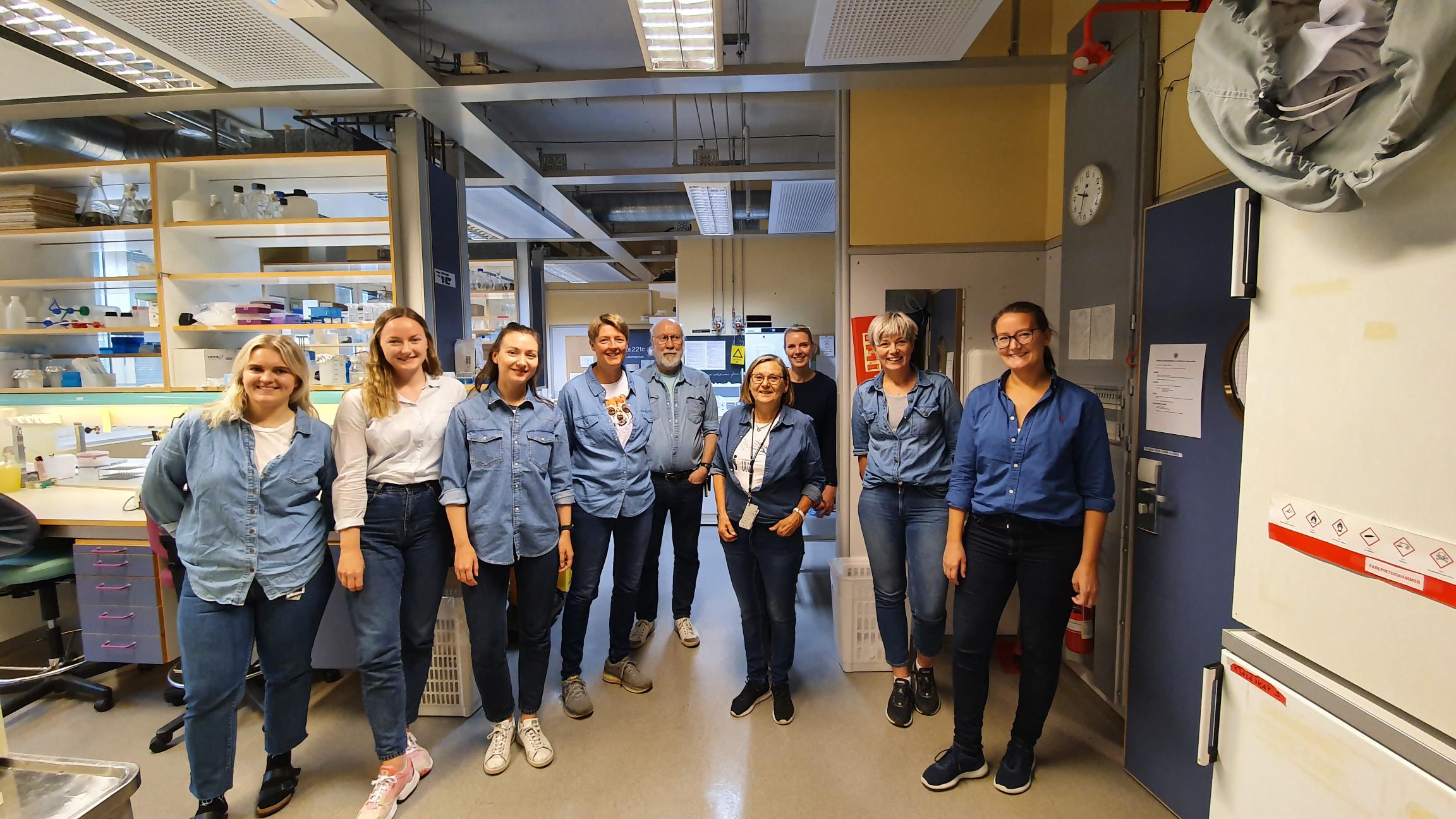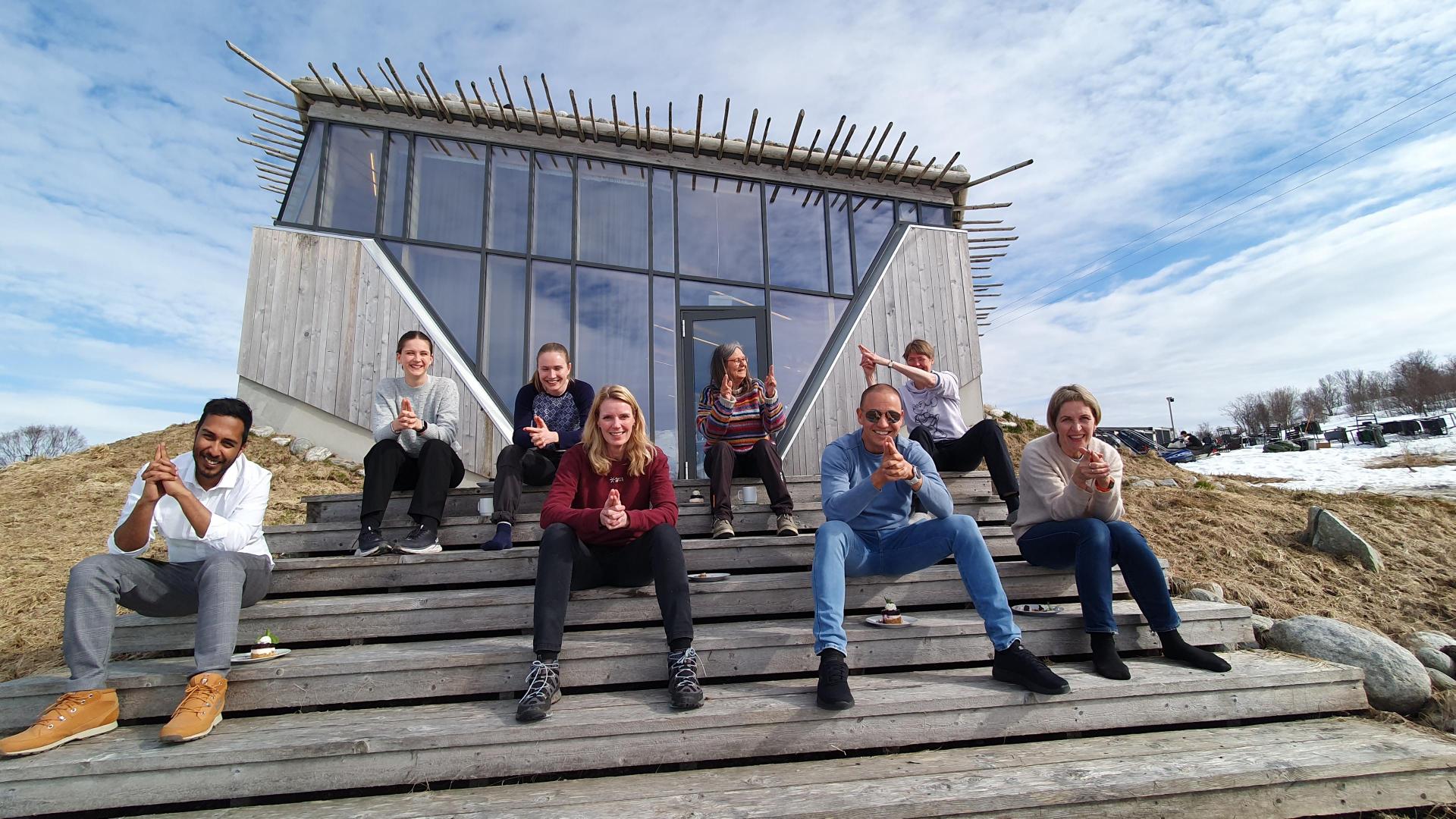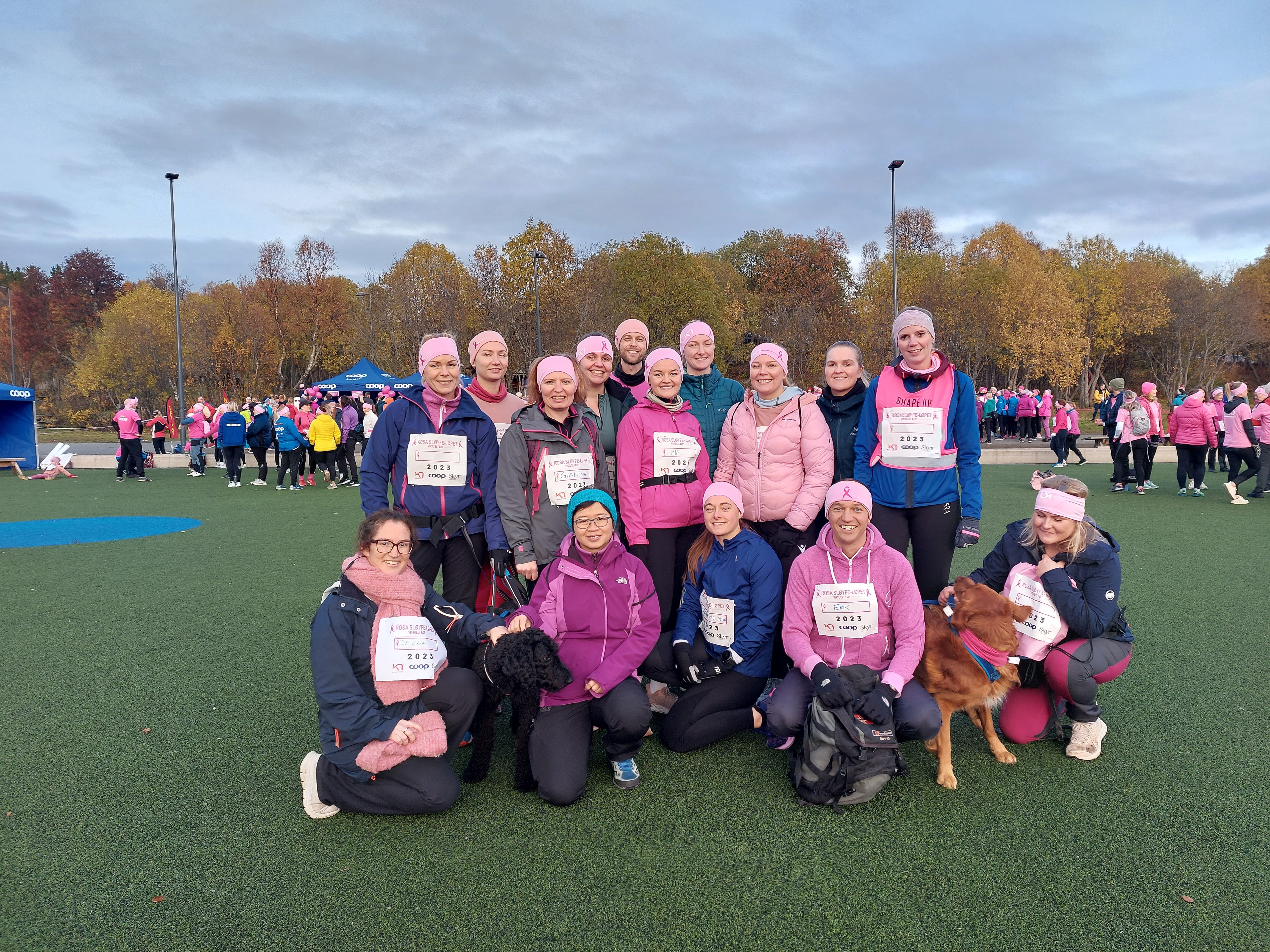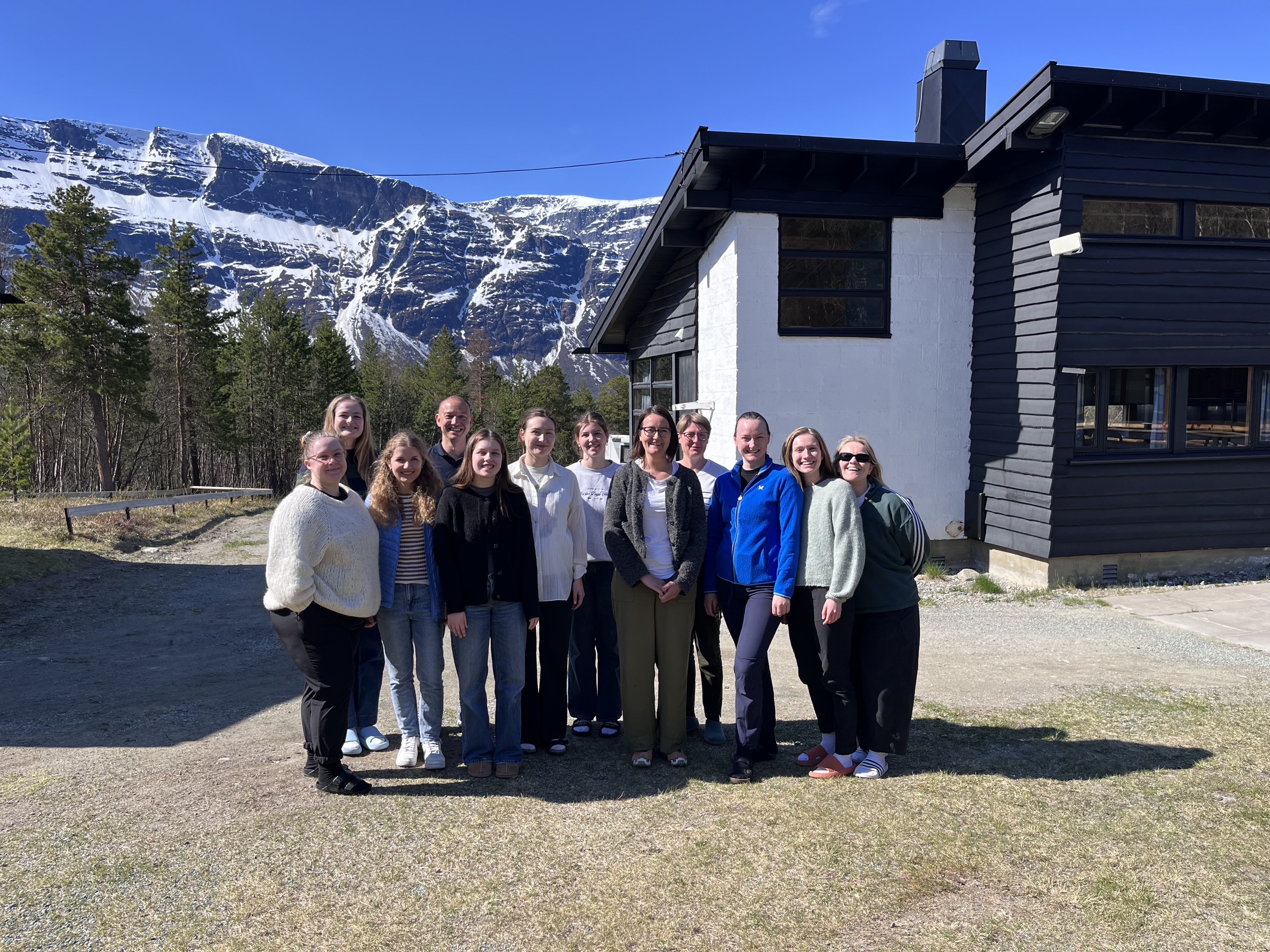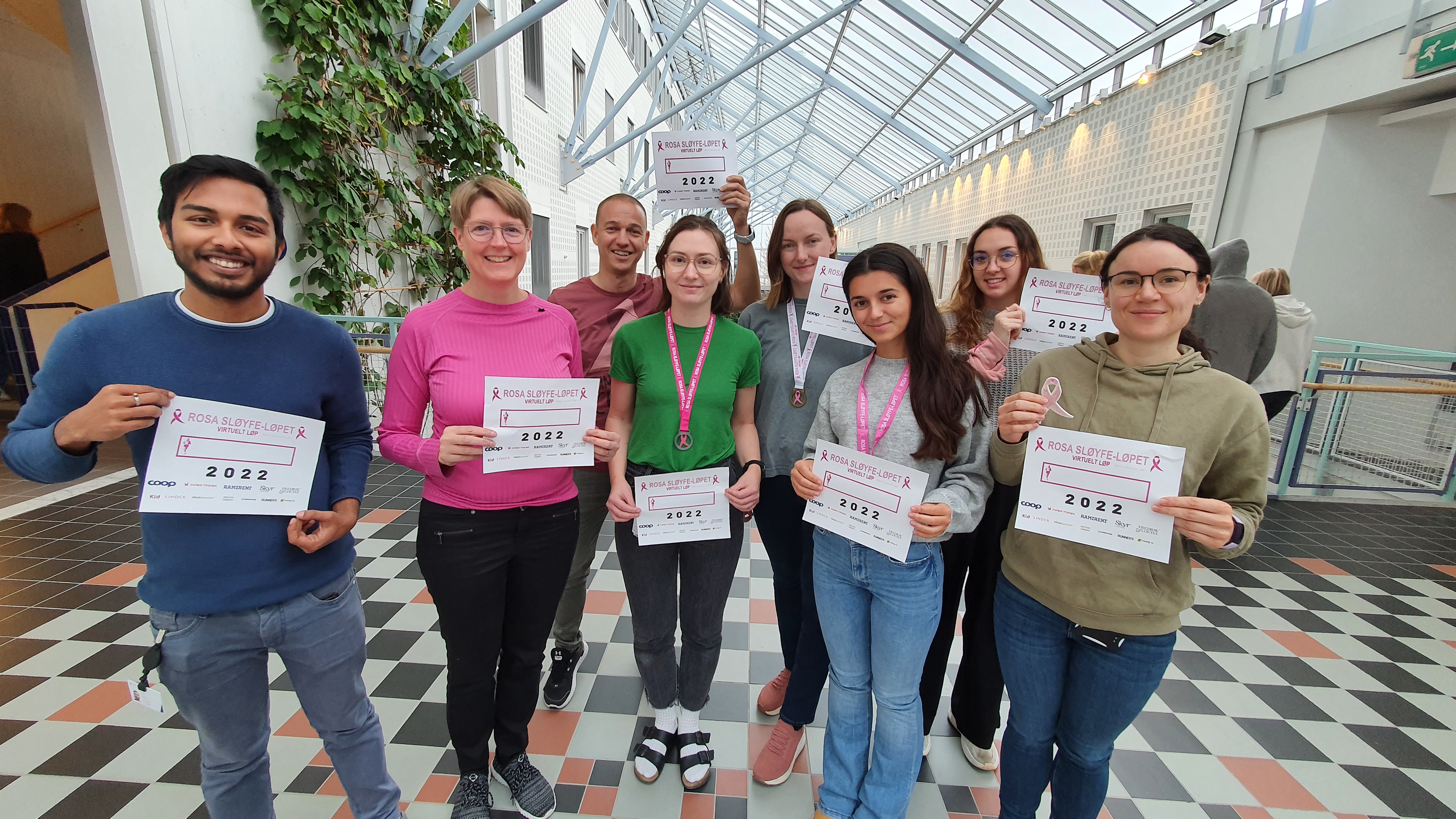PhDs
2025 - 2029
Main supervisor: Synnøve Magnussen (IMB, UiT)
Co-supervisors: Hege Lynum Pedersen (IMB, UiT) and Tor Brynjar Stuge (IMB, UiT)
Oral squamous cell carcinoma (OSCC) is the most common type of oral cancer, characterized by its invasiveness, high recurrence rate, and poor prognosis. Current treatment options often result in severe, life-long side effects, highlighting the urgent need for improved therapeutic strategies.
The oral mucosa is inherently tolerogenic, and this project investigates how OSCC may exploit tolerance mechanisms in the oral cavity to evade immune responses. By understanding the interplay between immune tolerance and the tumor microenvironment in OSCC, the project aims to uncover novel mechanisms of immune evasion and potentially revealing targets for new treatment strategies.
Using a combination of in vitro and in vivo experiments, the study will explore how tolerance and immune escape mechanisms are established, with a focus on their role in OSCC.
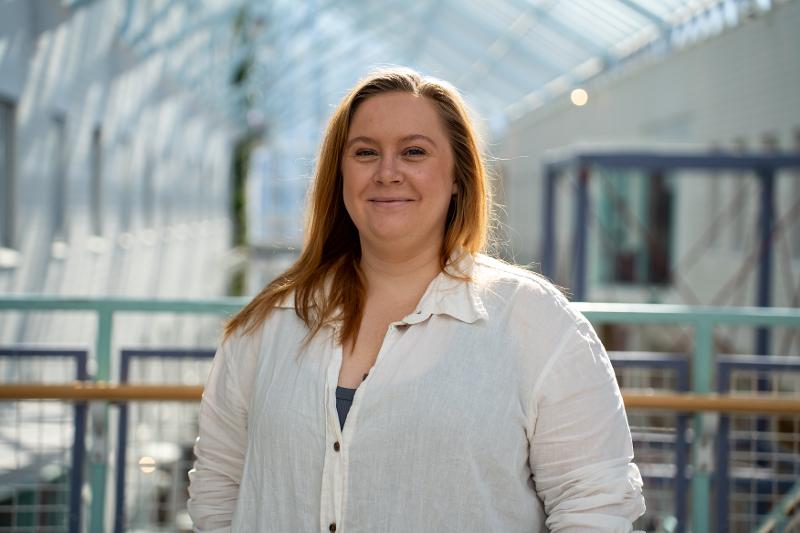
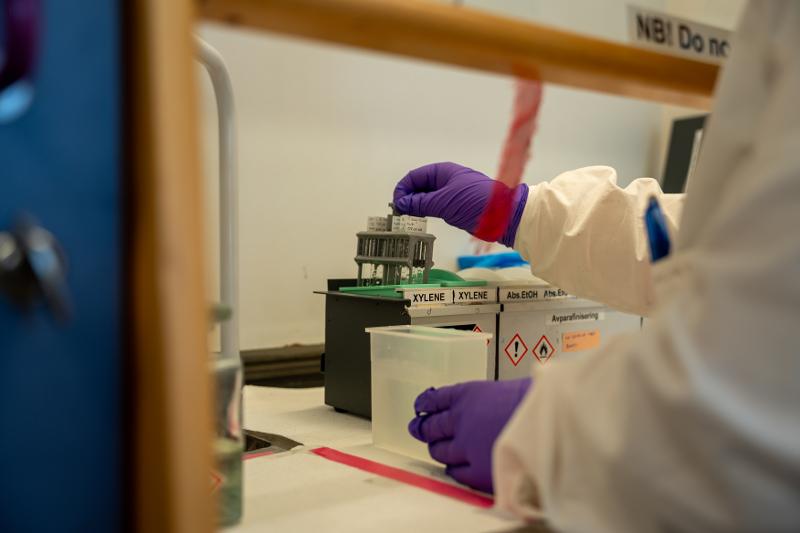
Foto: Jakob BJørvig Henriksen/UiT
2021 -2025
Main supervisor: Erik Knutsen (IMB, UiT)
Co-supervisors: Bård O. Karlsen (Nordlandssykehuset HF) and Marieke Kuijjer (NCMM, UiO)
Lymph nodes have been identified as the primary route of metastasis for breast cancer cells in most cases. My PhD project therefore focuses on generating more basal knowledge about the cancer cells in the lymph node, their interaction with lymphocytes, and their individual (subclass) association toward prognostic parameters. By using single cell RNA sequencing and several molecular methods, we are aiming to establish a transcriptome signature that will ultimately help in development of a more sensitive and specific diagnostic tool for risk assessment of cancer cells in lymph nodes.

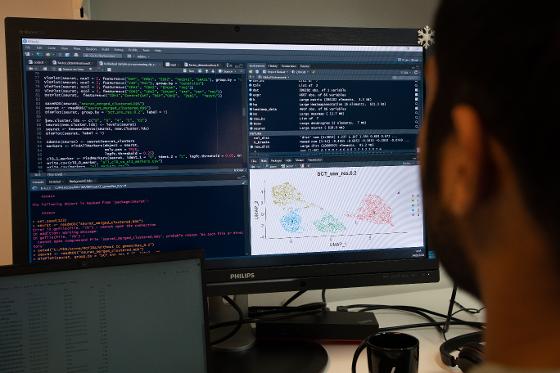
Foto: Jørn Berger-Nyvoll/UiT
2021 - 2025
Main supervisor: Erik Knutsen (IMB, UiT)
Co-supervisors: Eva Sjøttem (IMB, UiT), Hallvard Lauritz Olsvik (IMB, UiT) and Maria Perander (IMB, UiT)
Our project is focused on TRIM proteins in relation to autophagy and cancer. Autophagy is the renovation system of the cell and is essential for keeping our cells healthy. In cancer, autophagy is a double-edged sword as it can either prevent or promote the disease. Several TRIM proteins are already known to be involved in autophagy, but it remains to fully understand the participation of these proteins in the cells renovation system. Through bioinformatical methods in combination with wet-lab experiments, our goal is to know more about how TRIM proteins might be involved in cancer, either through autophagy or through a non-autophagic pathway.
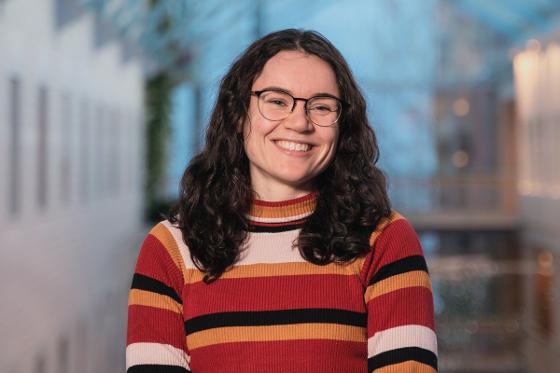
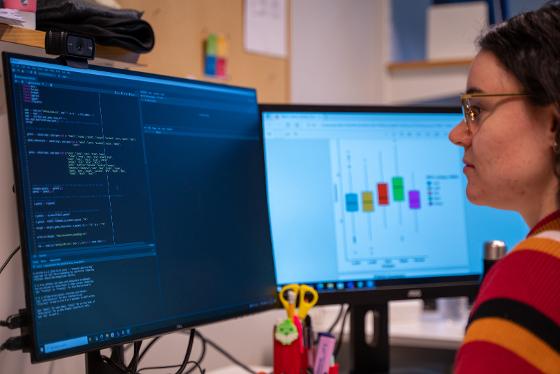
Foto: Oddleif Larsen/UiT
2020 - 2026
Main supervisors: Anna Maria Wirsing (IMB, UiT) and Sonja Steigen (UNN)
Co-supervisors: Synnøve Magnussen (IMB, UiT) and Gerd Berge (IMB, UiT)
The overall aim of the PhD project is to explore the cellular composition and organization of the immune infiltrate in relation to human leucocyte antigen (HLA) class I expression. The study is part of the nationwide NORwegian Oral Cancer (NOROC) study and is based on immunohistochemical and molecular analysis.
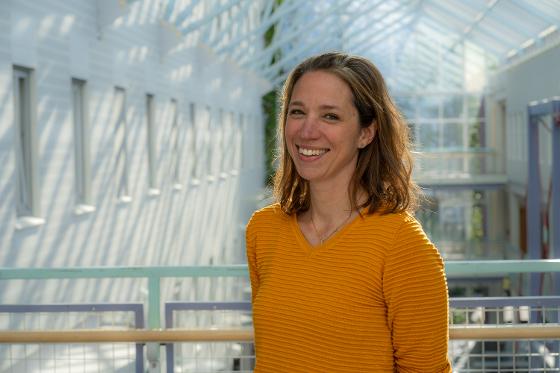
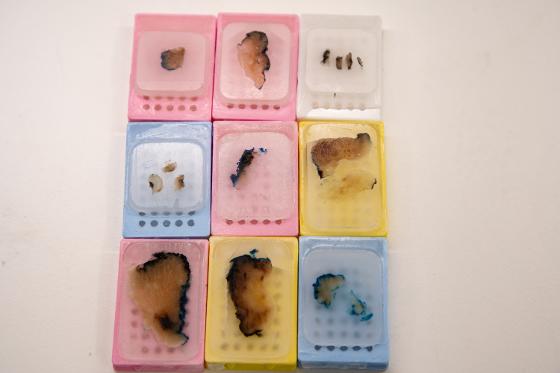
Foto: Jørn Berger-Nyvoll/UiT (left) and Kjersti Sellæg (right)
2017 - 2026
Main supervisor: Elin Hadler-Olsen (IMB, UiT)
Co-supervisors: Synnøve Magnussen (IMB, UiT) and Anna Maria Wirsing (IMB, UiT)
Oral squamous cell carcinoma (OSCC) is an aggressive and invasive solid malignancy of epithelial origin. It affects different subsites in the oral cavity and is characterized by poor prognosis, high incidence, and mortality rate. The 5-year survival for OSCC stagnates at around 50% due to inadequate effective diagnostic and prognostic markers. Currently, the TNM classification is mainly used in stratifying patients for treatment but does not sufficiently reflect the biological diversity among OSCCs of the same TNM stage. Thus, we aim at establishing potent prognosticators (HEVs, FOXP3⁺-Tregs, M2-TAMs) that modulate anti-tumour immunity and patients' outcome, to reinforce the TNM stage in administering improved individual diagnosis and therapies.
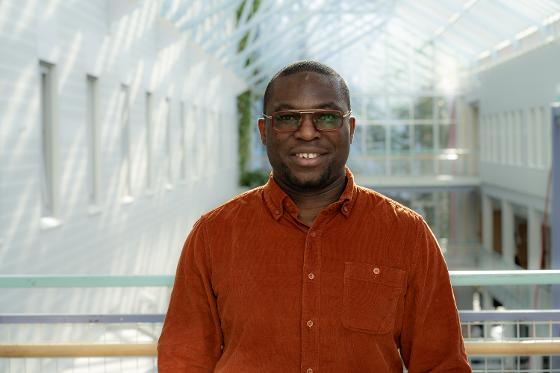
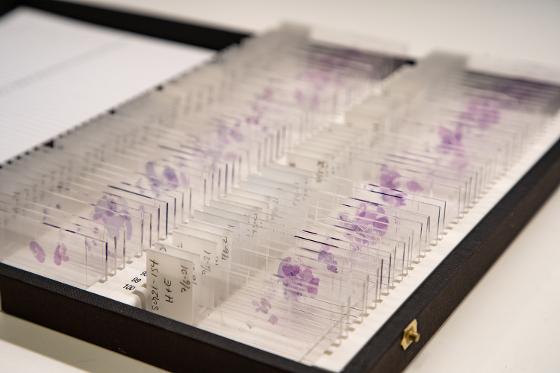
Foto: Jørn Berger-Nyvoll/UiT

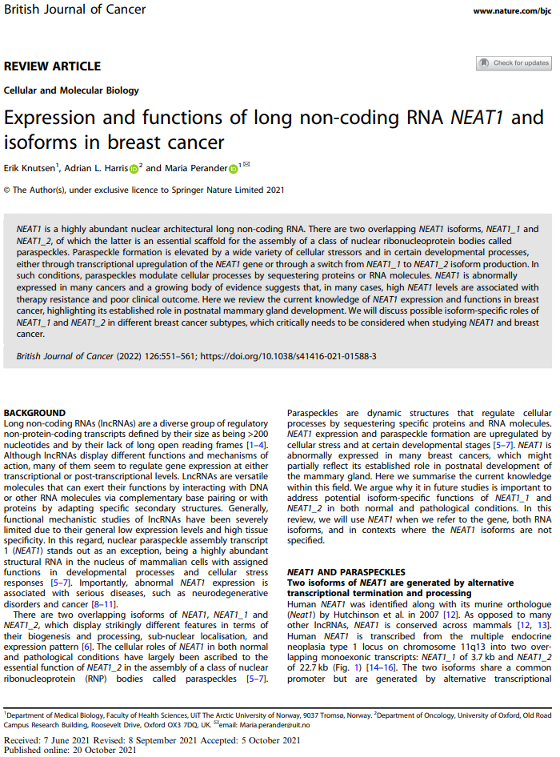

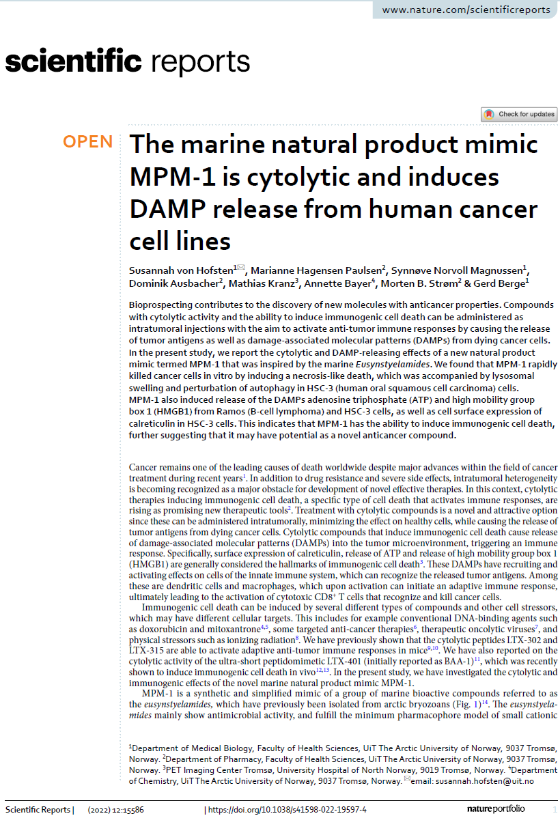
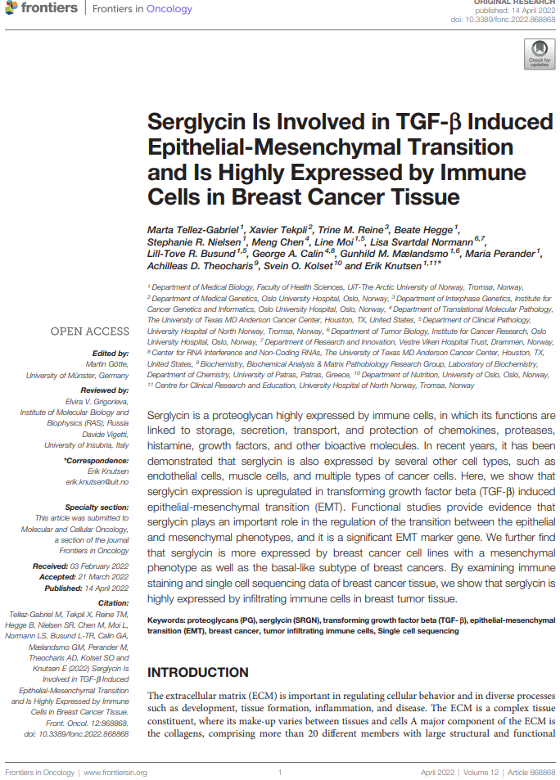
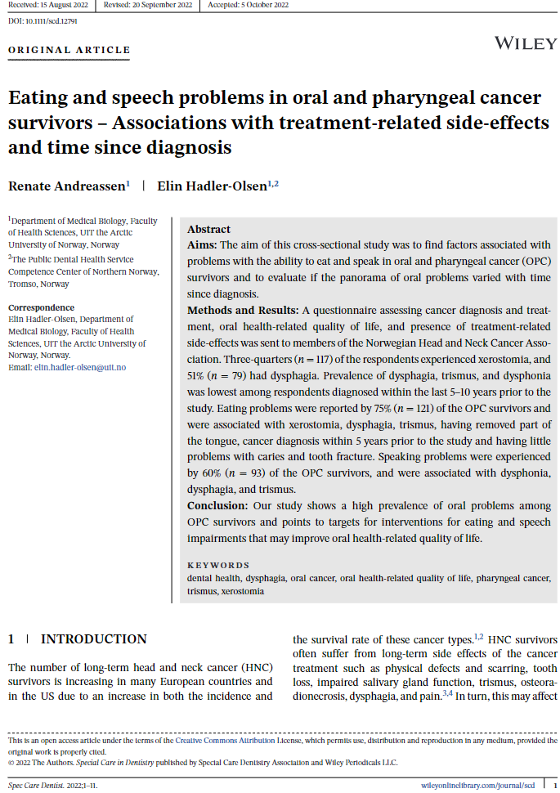
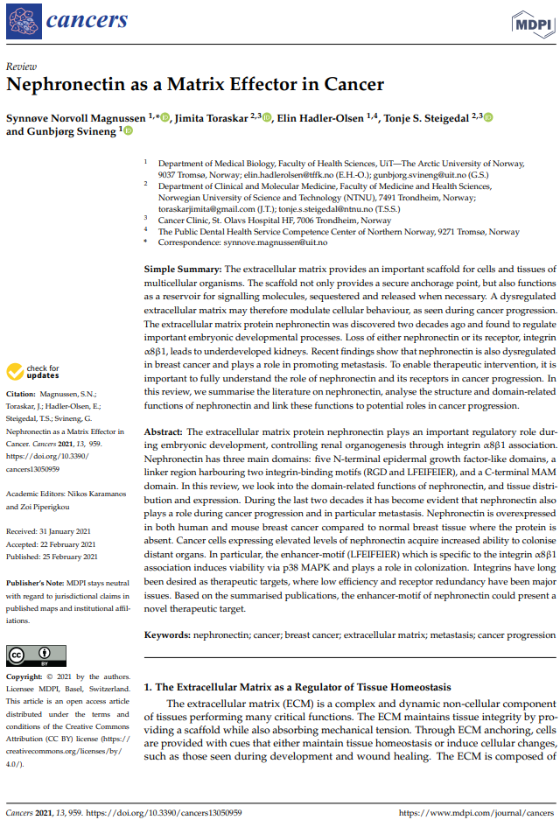
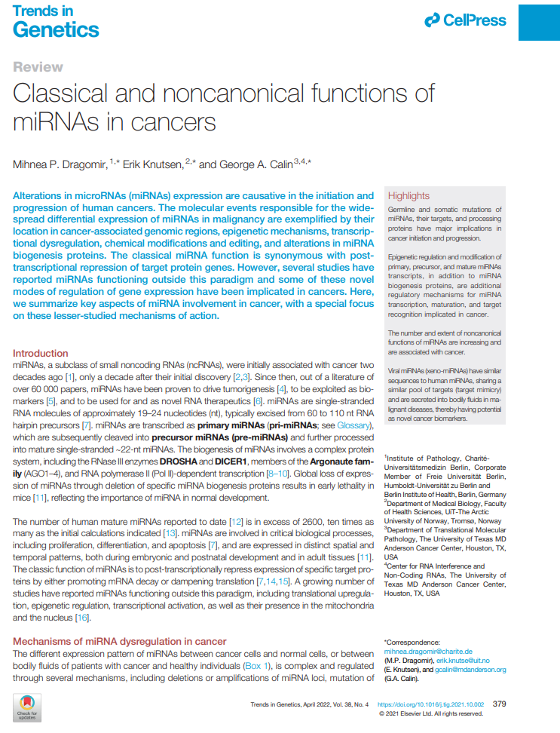
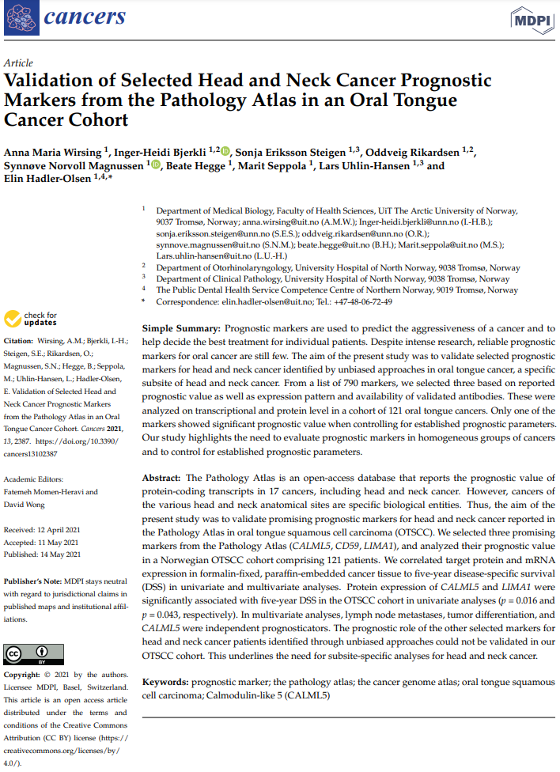
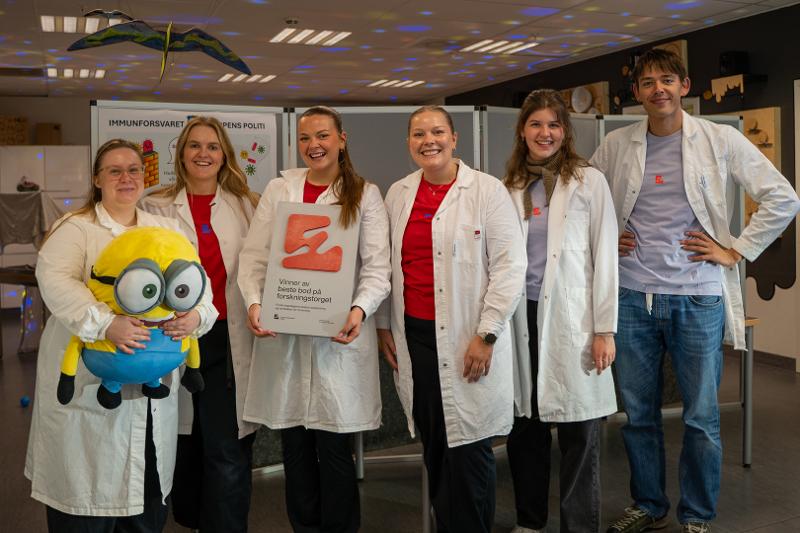
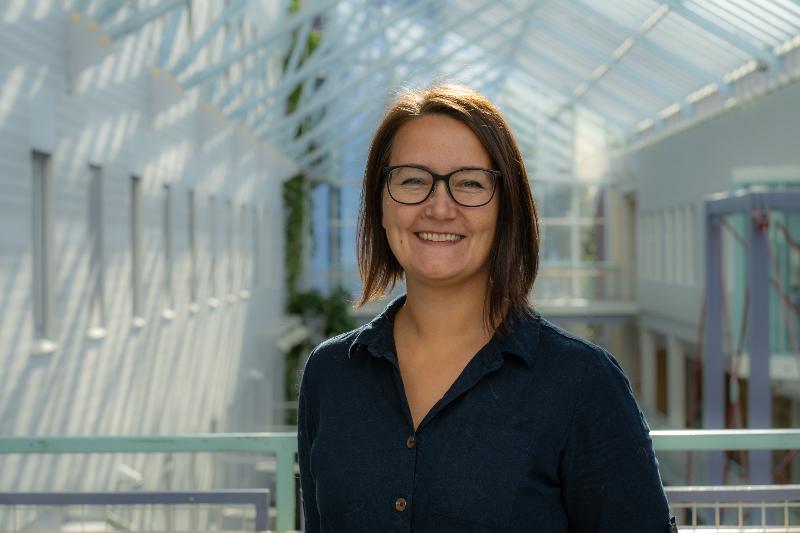
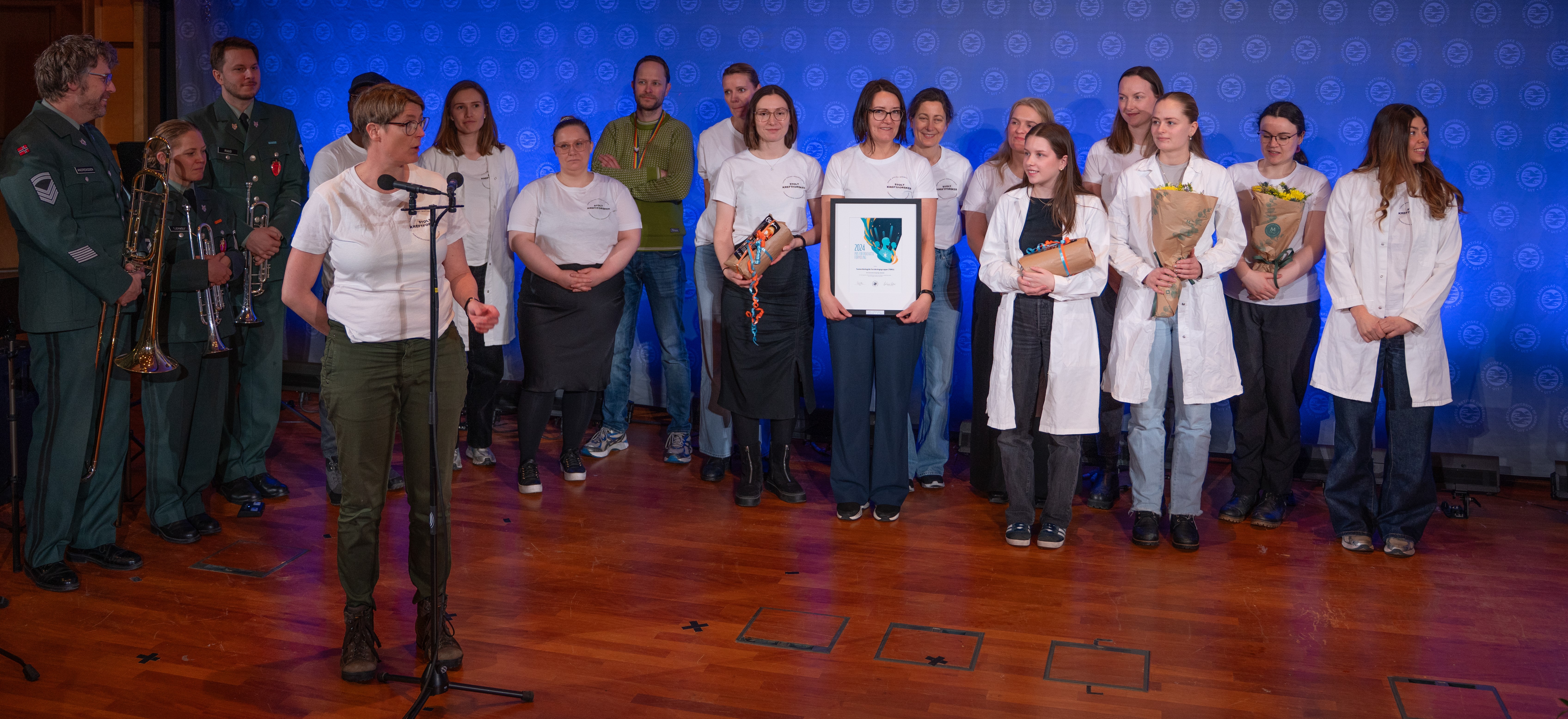 Foto: Jørn Berger-Nyvoll/UiT
Foto: Jørn Berger-Nyvoll/UiT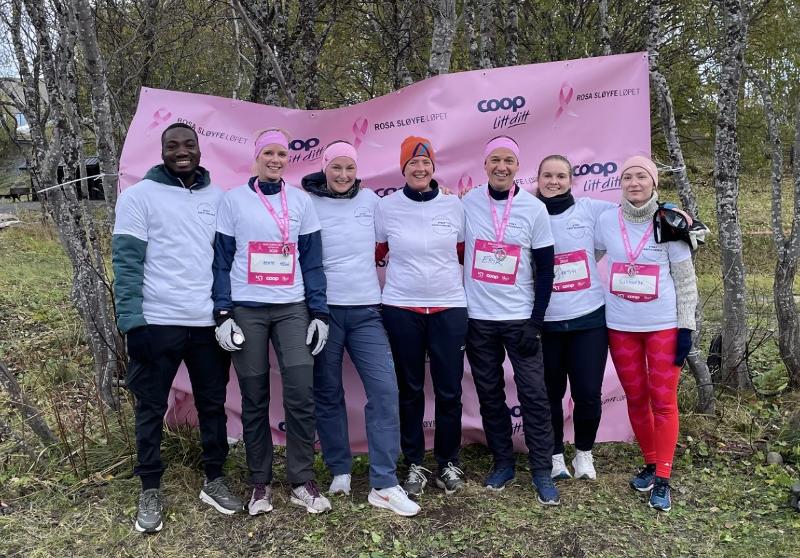
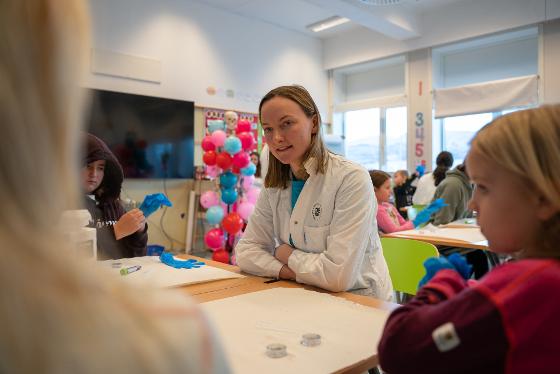 Foto: Jørn Berger-Nyvoll/UiT
Foto: Jørn Berger-Nyvoll/UiT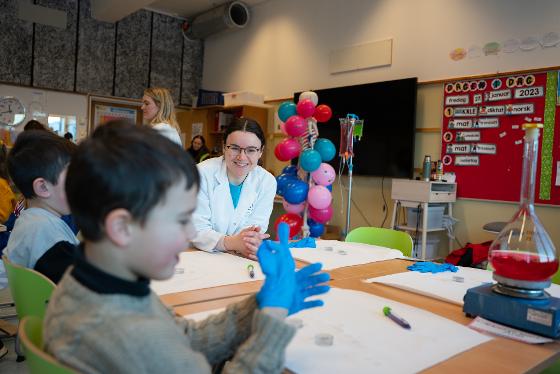 Foto: Jørn Berger-Nyvoll/UiT
Foto: Jørn Berger-Nyvoll/UiT Foto: Anne Kristin McLaren Berge/UiT
Foto: Anne Kristin McLaren Berge/UiT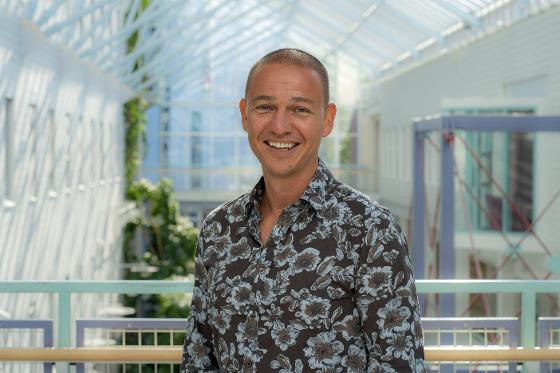 Foto: Jørn Berger-Nyvoll/UiT
Foto: Jørn Berger-Nyvoll/UiT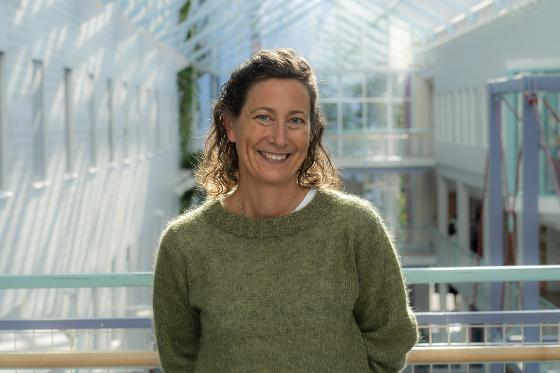 Foto: Jørn Berger-Nyvoll/UiT
Foto: Jørn Berger-Nyvoll/UiT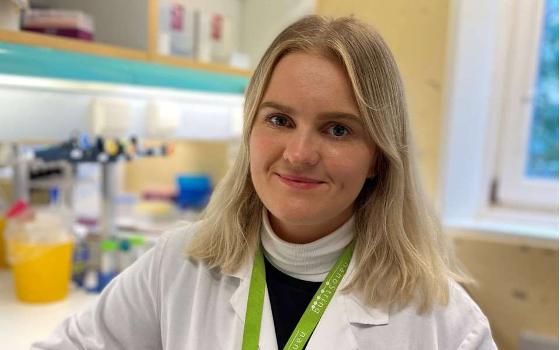
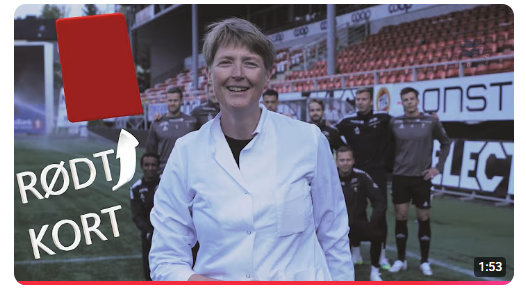
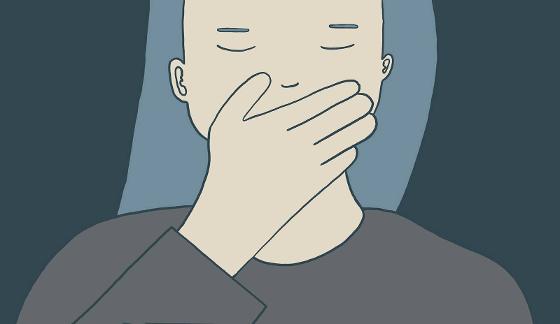 Illustrasjon: Stine Kaasa/Morgenbladet
Illustrasjon: Stine Kaasa/Morgenbladet









